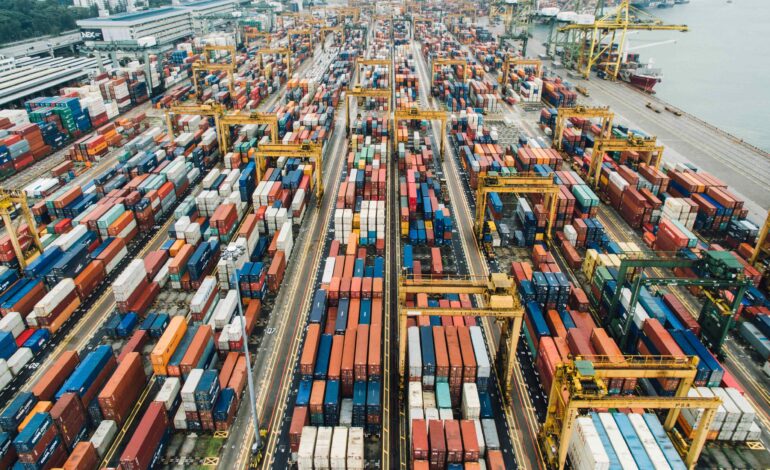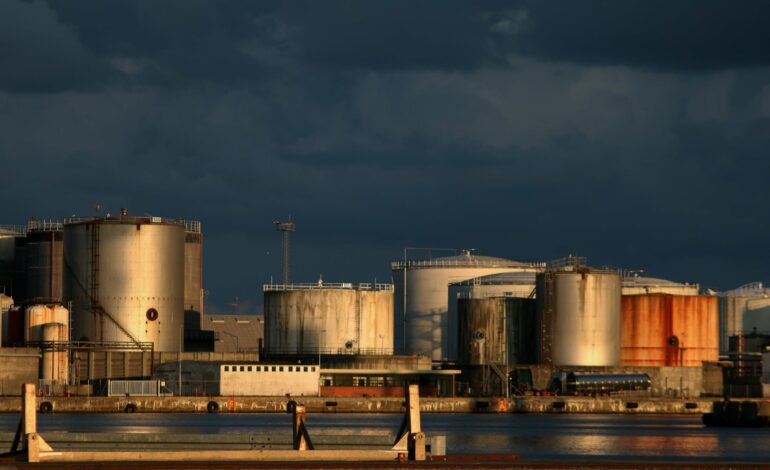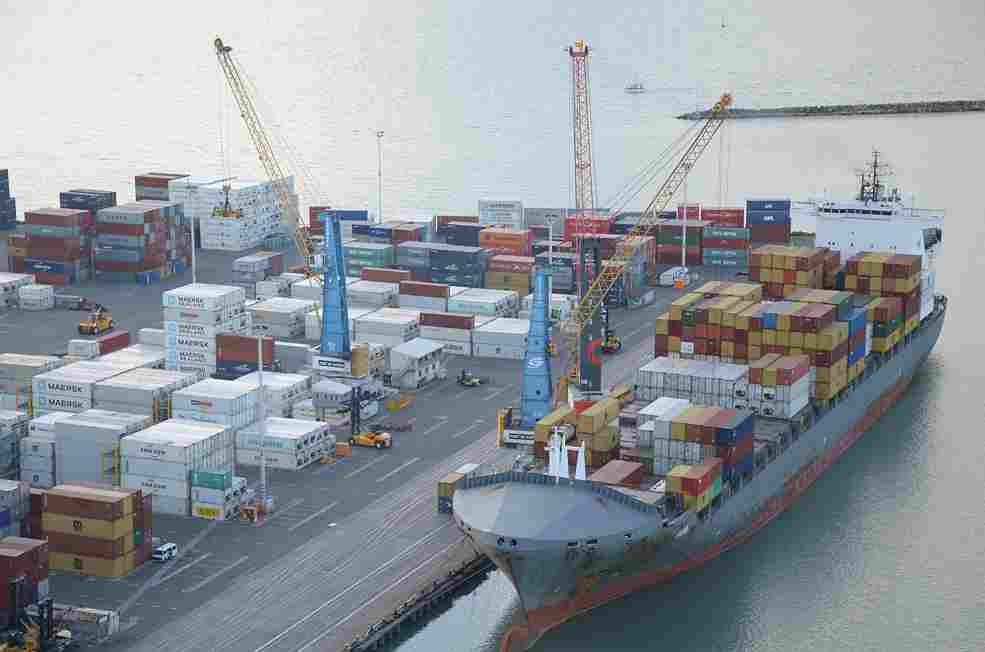
The Intersection of Bunker Fuel and Maritime Law
The maritime industry operates within a complex legal framework that ensures safe, efficient, and environmentally responsible operations. Bunker fuel, the primary source of energy for ships, is a critical component of this framework, deeply intertwined with maritime law. This article explores the intricate relationship between bunker fuel and maritime law, highlighting key regulations, legal challenges, and the evolving landscape of maritime fuel legislation.
Regulatory Framework Governing Bunker Fuel
- International Conventions: Several international conventions, primarily administered by the International Maritime Organization (IMO), regulate bunker fuel. The most significant of these is the International Convention for the Prevention of Pollution from Ships (MARPOL), particularly Annex VI, which sets limits on sulfur oxide (SOx) and nitrogen oxide (NOx) emissions from ship exhausts. These regulations aim to minimize air pollution from ships, thereby protecting the marine environment and public health.
- Sulfur Cap and Emission Control Areas (ECAs): The IMO’s global sulfur cap, effective from January 1, 2020, limits the sulfur content in marine fuels to 0.50% m/m (mass by mass). Additionally, ECAs enforce stricter emission standards in designated areas, requiring ships to use fuel with a sulfur content not exceeding 0.10% m/m. These measures necessitate legal compliance and substantial adjustments in fuel procurement and ship operations.
- Bunker Delivery Notes (BDNs): MARPOL Annex VI mandates that ships maintain accurate Bunker Delivery Notes, documenting the sulfur content and quantity of fuel received. This requirement ensures transparency and compliance with fuel regulations, forming a crucial part of the legal audit trail for bunker fuel.
Legal Challenges and Compliance
- Fuel Quality and Contamination: Ensuring the quality of bunker fuel is a significant legal challenge. Contaminated or substandard fuel can cause engine failures, operational disruptions, and environmental harm. Legal disputes often arise over fuel quality, leading to litigation or arbitration between shipowners, charterers, and fuel suppliers.
- Contractual Obligations: Contracts for the supply of bunker fuel are governed by maritime law, incorporating terms that stipulate fuel quality, quantity, and delivery conditions. Non-compliance with these terms can result in breach of contract claims, financial penalties, and operational delays.
- Port State Control: Port State Control (PSC) inspections play a vital role in enforcing bunker fuel regulations. Ships found in violation of sulfur limits or other fuel-related regulations can face detentions, fines, and legal actions. PSC inspections ensure compliance and uphold the integrity of international maritime regulations.
Evolving Legal Landscape
- Decarbonization and Alternative Fuels: The shift towards decarbonization is reshaping the legal framework around bunker fuel. Emerging regulations incentivize the use of alternative fuels such as liquefied natural gas (LNG), biofuels, and hydrogen. Maritime law is evolving to address the legalities of these new fuels, including safety standards, supply contracts, and environmental compliance.
- Scrubber Technology: The use of exhaust gas cleaning systems (scrubbers) allows ships to continue using high-sulfur fuel oil (HSFO) while complying with sulfur emission limits. However, the legality of scrubber discharge into the sea is subject to varying national and regional regulations, creating a complex legal environment for shipowners and operators.
- Digitalization and Transparency: Advances in digital technologies are enhancing transparency and compliance in bunker fuel management. Blockchain and other digital tools are being integrated into maritime law to improve the traceability of fuel transactions, prevent fraud, and ensure regulatory adherence.
Conclusion
The intersection of bunker fuel and maritime law is a dynamic and critical aspect of the global shipping industry. As environmental regulations tighten and the push for sustainable shipping grows, the legal framework governing bunker fuel continues to evolve. Compliance with international conventions, managing fuel quality disputes, adapting to new technologies, and navigating the legal implications of alternative fuels are all part of this intricate landscape. The synergy between bunker fuel regulations and maritime law not only ensures the smooth operation of the maritime industry but also promotes a cleaner and more sustainable future for global shipping.





